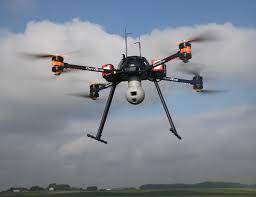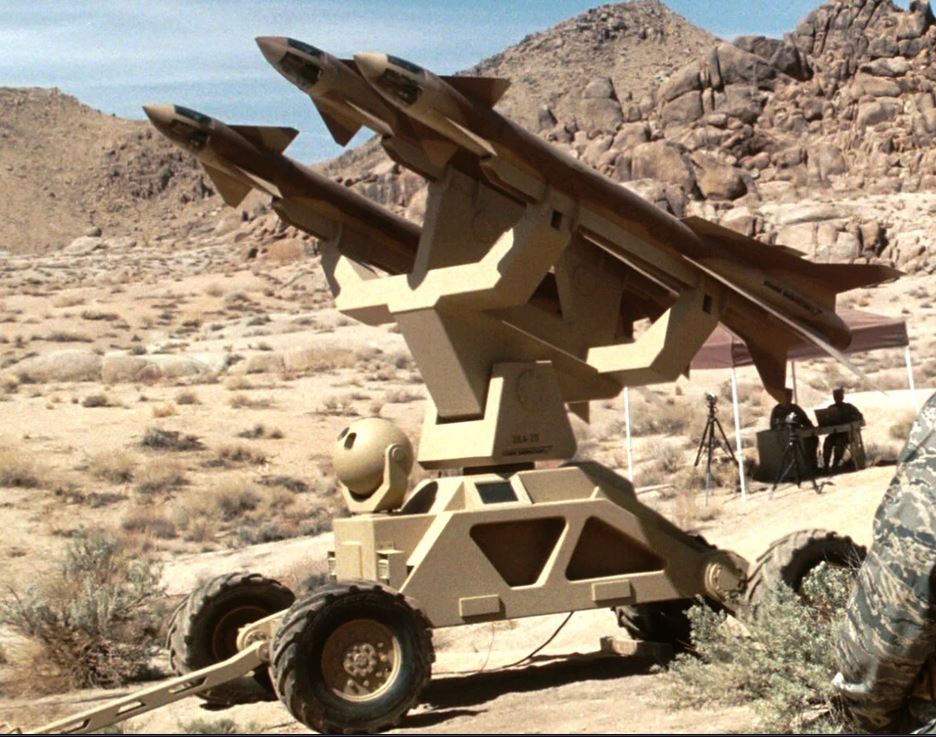The Bureau of Industry and Security (BIS) is amending the Export Administration Regulations (EAR) to reflect changes to the Missile Technology Control Regime (MTCR) Annex. This Federal Register rule (2023-26682.pdf (federalregister.gov) expands the eligibility for the use of license exceptions under the EAR for MT-controlled items. These changes to license exception eligibility are also being… Read More
Navigating the Complex Landscape of Military Training Under ITAR
The International Traffic in Arms Regulations (ITAR) plays a crucial role in shaping how military training in the defense and aerospace industry unfolds. In this blog post, we’ll explore the intricacies of the military training subset of controlled defense services under ITAR and its impact on the development of skilled personnel in this sector. Understanding… Read More
Navigating the Complex Terrain: Fundamentals of Building an ITAR Compliance Program
Introduction In today’s interconnected global landscape, the protection of sensitive technologies is paramount. The International Traffic in Arms Regulations (ITAR) plays a crucial role in safeguarding defense-related items and technical data from falling into the wrong hands. Building a robust ITAR Compliance Program is not just a legal obligation; it’s a strategic imperative for companies… Read More
Navigating the Regulatory Seas: The Critical Importance of Understanding ITAR Export License Expiration Timelines
In the world of international trade and defense, the International Traffic in Arms Regulations (ITAR) plays a pivotal role in governing the export of defense-related articles and services. As businesses engage in global commerce, understanding the expiration timelines of ITAR export licenses and agreements becomes paramount. In this blog post, we delve into the reasons… Read More
Can AI “Specially Design” itself?
At our Defense Trade Solutions (DTS) all-hands event last week, the question regarding jurisdiction and classification of Artificial Intelligence (AI) systems was brought up. Specifically, the puzzling question of “Can self-improving AI specially design itself under the ITAR?” Whether AI can “specially design” itself is a complex and evolving issue. The landscape of AI and… Read More
Unlocking Opportunities: The Benefits of Attending DSCA’s Security Cooperation Industry Group
In the ever-evolving landscape of international security and defense, collaboration between the government and private sector is essential. The Defense Security Cooperation Agency’s (DSCA) Security Cooperation Industry Group (SCIG) stands out as a key platform for fostering meaningful partnerships and driving innovation in the realm of security cooperation. Let’s explore the numerous benefits that professionals… Read More
Navigating the Legislative Waters: Demystifying the Congressional Notification Process for FMS and DCS in the Arms Export Control Act
Introduction In the realm of international diplomacy and defense, the United States employs a meticulous process to regulate the export of arms and military equipment. At the heart of this mechanism lies the Arms Export Control Act (AECA), a crucial legislative framework that empowers the government to oversee Foreign Military Sales (FMS) and Direct Commercial… Read More
Utilizing ITAR Exemption 126.4
Many ITAR Exemptions Exist. The U.S. Government (USG) has evaluated specific export transactions and are confident that these activities can occur without harming U.S. national security or interests. ITAR Exemptions allow U.S. Industry the ability to acquire approval to engage in export activities without the administrative burden and timelines of a traditional export license or… Read More
Navigating the ITAR Maze: A Guide to Expedite Your License with the U.S. Government
Navigating the International Traffic in Arms Regulations (ITAR) can be a complex and time-consuming process, often leaving businesses eager to expedite the approval of their licenses. In this blog post, we’ll explore some strategic approaches to engage with the U.S. Government and streamline the ITAR license approval process. Before diving into expediting your ITAR license,… Read More
Navigating FMS-Only Designations in Foreign Military Sales
Foreign Military Sales (FMS) play a pivotal role in shaping international alliances and bolstering global security. One aspect that often confounds both US Industry and Foreign Partners is the concept of FMS-only designations. These designations, as outlined in the Security Assistance Management Manual (SAMM), have far-reaching implications for both US Industry and Foreign Partners. In… Read More









